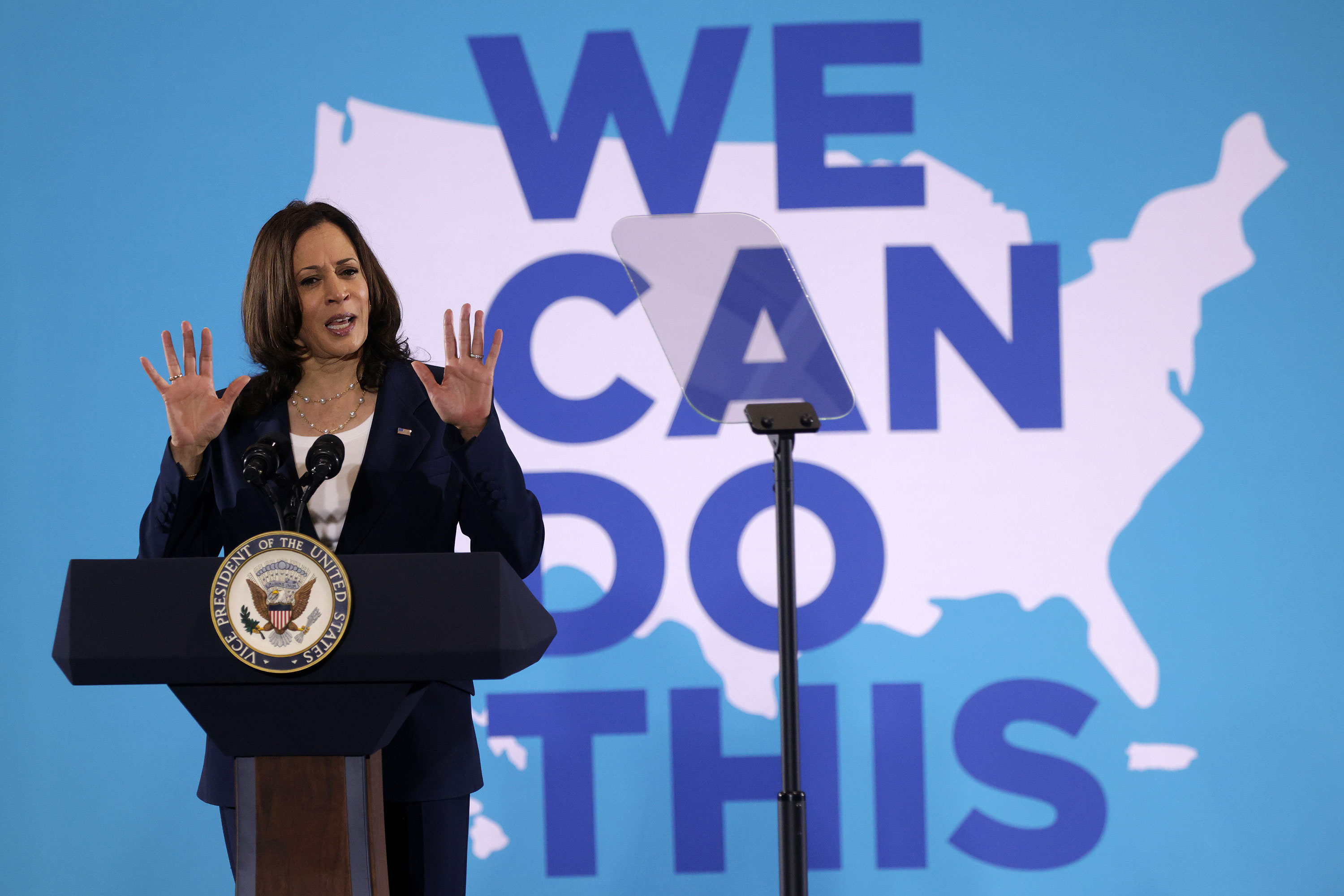
In January, Troitino and FCI Miami warden Sylvester Jenkins sent an email to employees saying that “in an act of solidarity,” they had agreed to get vaccinated and encouraged staff to do the same. Many of the workers who refused had expressed concerns about the vaccine’s efficacy and side effects, Troitino said. “People who work in prisons are an essential part of the equation that will lead to reduced disease and less chance of renewed explosive COVID-19 outbreaks in the future,” said Brie Williams, a correctional health expert at the University of California, San Francisco (UCSF).Īt FCI Miami, a federal prison in Florida, fewer than half the facility’s 240 employees had been fully vaccinated as of March 11, according to Kareen Troitino, the local corrections officer union president. Nationwide, those infections proved fatal for 2,474 prisoners and at least 193 staff members.
In Maine, the state with the lowest infection rate, 1 in 20 staff members tested positive for COVID-19.

In states like Michigan, Kansas and Arizona, that's meant 1 in 3 staff members have been infected. More than 388,000 incarcerated people and 105,000 staff members have contracted the coronavirus over the last year. Prisons are coronavirus hot spots, so when staff move between the prisons and their home communities after work, they create a pathway for the virus to spread. The refusal of prison workers to take the vaccine threatens to undermine efforts to control the pandemic both inside and outside of prisons, according to public health experts. Healthcare workers, caretakers in nursing homes and police officers - who have witnessed the worst effects of the pandemic - have declined to be vaccinated at unexpectedly high rates. The resistance to the vaccine is not unique to correctional officers. In some instances, correctional officers said they would rather be fired than be vaccinated. Distrust of the prison administration and its handling of the virus has also discouraged officers from being immunized. Others have embraced conspiracy theories about the vaccine. Still, some correctional officers are refusing the vaccine because they fear both short- and long-term side effects of the immunizations. And some states are not tracking employees who get vaccinated in a community setting such as a clinic or pharmacy. That number is likely an undercount because 40% of the states are not reporting information on how many of their employees are inoculated. More than 106,000 prison employees in 29 systems, including the Federal Bureau of Prisons, have received at least one dose of a COVID-19 vaccine, according to data compiled by The Marshall Project and The Associated Press since December. In December and January, at least 37 prison systems began to offer vaccines to their employees, particularly front-line correctional officers and those who work in health care.

Many employees spoke on the condition of anonymity because they feared they would lose their jobs if they spoke out. The Marshall Project and The Associated Press spoke with correctional officers and union leaders nationwide, as well as with public health experts and doctors working inside prisons, to understand why officers are declining to be vaccinated, despite being at higher risk of contracting COVID-19.

Prison staff helped accelerate outbreaks by refusing to wear masks, downplaying people’s symptoms, and haphazardly enforcing social distancing and hygiene protocols in confined, poorly ventilated spaces ripe for viral spread. Infection rates in prisons are more than three times as high as in the general public. This story was published in partnership with Associated Press.Īs states have begun COVID-19 inoculations at prisons across the country, corrections employees are refusing vaccines at alarming rates, causing some public health experts to worry about the prospect of controlling the pandemic both inside and outside.


 0 kommentar(er)
0 kommentar(er)
